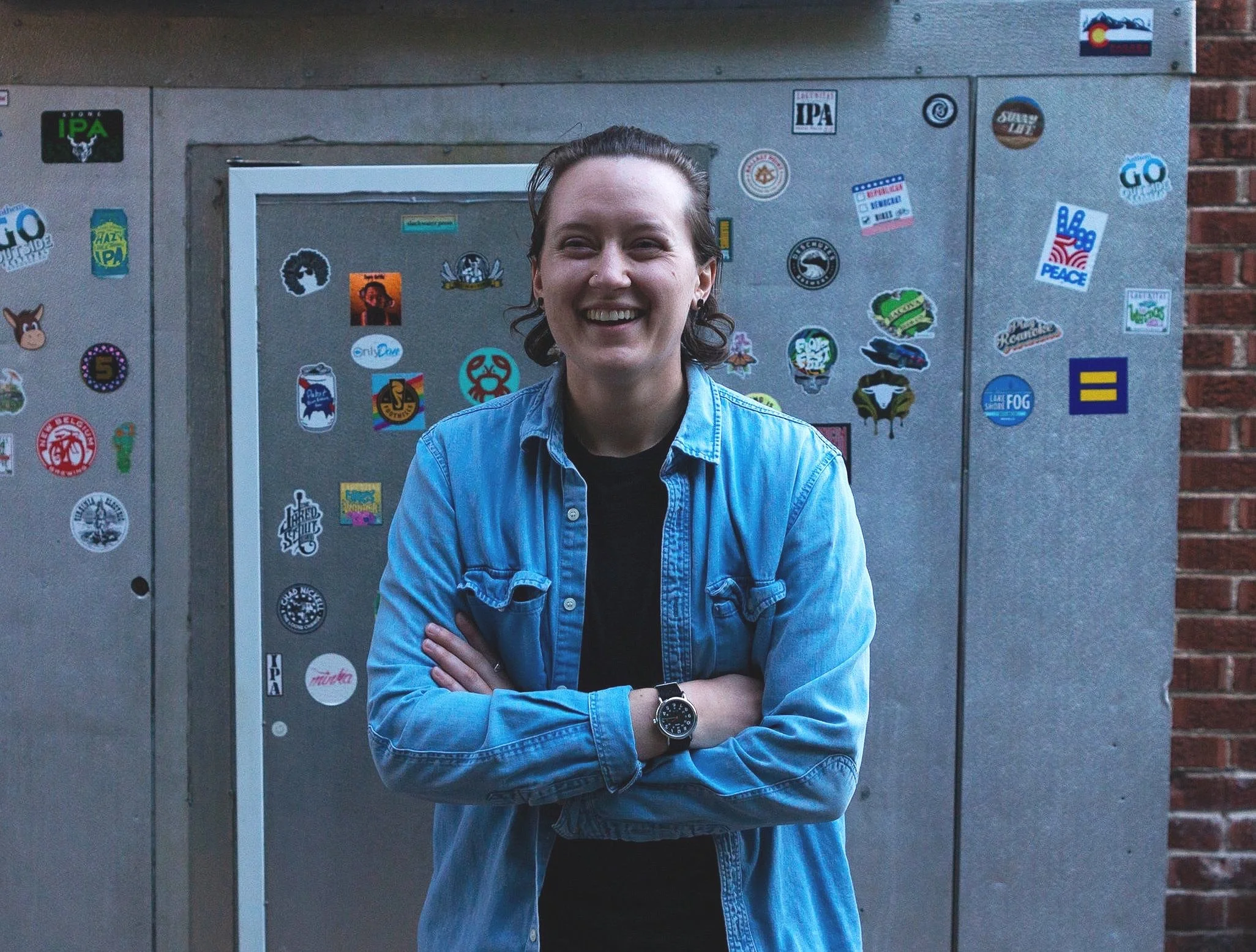PHOTO: Stephanie Salvatore
Every morning on the outskirts of Rajasthan, just east of the India-Pakistan border, an unsettling vignette plays out in the Thar Desert.
In Kushlawa, a rural village northwest of Jodhpur, India, a mother of nine leaves home before sunrise, en route to the nearest water source several kilometres away. Throughout the day, she labours, unhinged by the berating sun, in nearby fields, earning no more than two or three dollars a day to feed her family. Fortunately, her girls – often required by their families to assist with domestic work – Gudi, 12, and Munji, 10, are in school. They are just one family, but scenarios of this kind are common in rural communities. For Dhapu Devi, now 40, her only priority is finding transportation for her children who travel three kilometres to school every day. All she wants, despite her circumstance, is that they get an education.
PHOTO: Stephanie Salvatore
In developed and developing nations, it is assumed that women receive opportunities comparable to those of men. Indian law states “every child under the age of 14 should get free education,” however, in Rajasthan alone, only 52 per cent of girls are literate. As well, according to The World Bank, less than half of teens finish the 10th grade.
Moved by the tireless women of the Thar Desert, Raju Agarwal founded OneProsper International (OPI), an organization working to empower women and girls through sustainable efforts. Though the cultural attitude about girls’ education has changed for the better, “the limiting factor,” he admits, “is that many girls are needed to collect water and help to milk cows and goats.”
PHOTO: Stephanie Salvatore
Since girls are needed in the fields with their mothers, or at home for other tasks, their studies are significantly impeded – and their futures, considerably affected. Luckily, there are non-profits like OPI looking into holistic solutions, including the basic amenities for survival. In the summer of 2017, OPI rebranded its mission and launched Project Parivartan, which translates to project “transformation,” aimed at enabling underprivileged girls to attend school. Within two months, OPI was able to fund 60 girls– following an initiative that empowered 40 women to grow pomegranates via an advanced drip irrigation system back in March of 2017.
PHOTO: Stephanie Salvatore
Over the next year, the initiative will implement rainwater-harvesting tanks used to sequester up to 2000 L of water, and bio-sand filters to provide clean drinking water within the girls’ property. In addition to receiving school supplies, the girls will also receive bicycles.
The distribution and installation of OPI's donations will be administered by GRAVIS, the on-the-ground organization that has worked alongside OPI for the last five years. Working with the Village Development Committees, appointed intermediaries of these rural communities will be involved in every aspect of the project, from planning to building. Thanks to new programs focused on water, nutrition and educational support, opportunities for girls will improve, says Prakash Tyagi, executive director of GRAVIS.
PHOTO: Stephanie Salvatore
During the summer monsoon of last year, Photographers Without Borders sent photographer Stephanie Salvatore to document this work in Rajasthan. Accompanied by GRAVIS’ field agents, she visited 45 families in total – 30 beneficiaries of Project Parivartan and another 15 supported by the second round of donations. She witnessed, from village-to-village, the apparent heroism of these women, sacrificing so much in favour of the next generation. “She had been up since 5 a.m.,” she says, referring to Devi, adding, “[She] was very opinionated - in the best way,” also referring to the mother of Sukhiya Devi, 31, who had to raise two girls with disabilities.
PHOTO: Stephanie Salvatore
“They are largely uneducated, the mothers of these families, but they know what’s going on out there.” They understand, she explains, that these new resources are examples of progress, that thier children will have the opportunitires they always hoped for.
PHOTO: Stephanie Salvatore
Click here for more information on One Prosper, and how you can support their work.
This article was first published in PWB Magazine #10, on sale now.


















